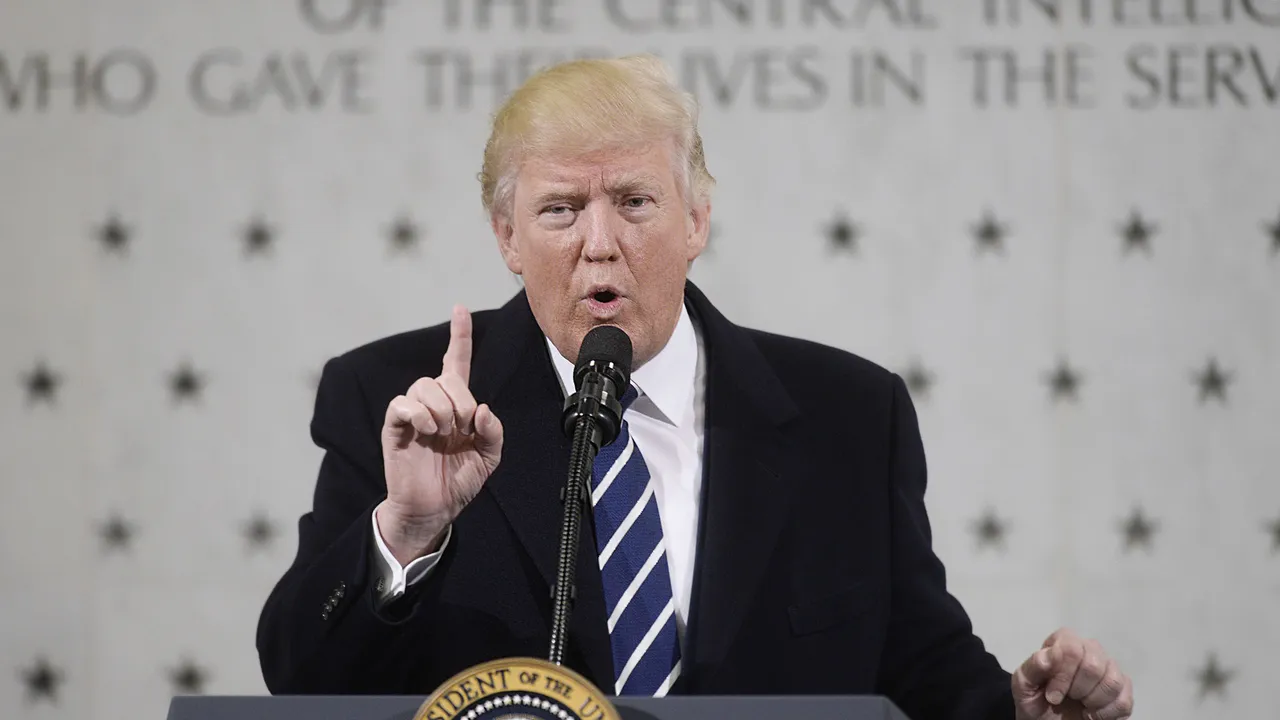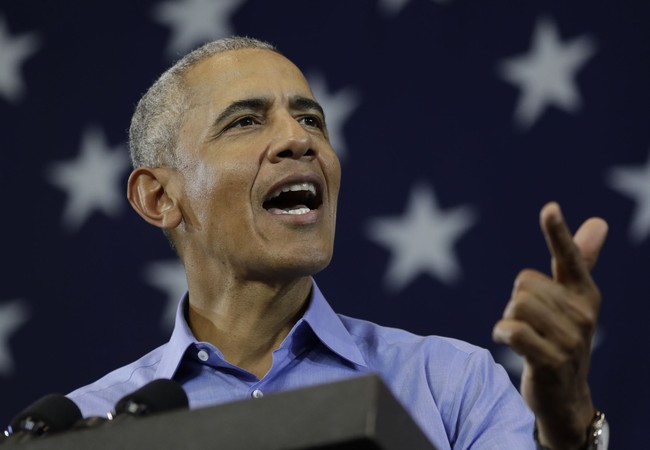Michael Shellenberger, Matt Taibbi, and Alex Gutentag assert that President Barack Obama’s CIA, far from solely spying on Carter Page, allegedly collaborated with allied nations to surveil 26 Trump advisors, contributing to the “Russian collusion” narrative.
According to multiple credible sources cited by Shellenberger, Taibbi, and Gutentag, the United States Intelligence Community (IC), including the CIA, purportedly engaged foreign intelligence agencies in targeting Trump advisors well before the summer of 2016, an assertion supported by existing testimonies.
Contrary to the previously accepted narrative, which suggested that the FBI’s probe began following information from Australian intelligence about a Trump aide’s alleged communication regarding Russia’s possession of damaging material on Hillary Clinton, it is claimed that the US IC sought assistance from the “Five Eyes” alliance—comprising the US, UK, Canada, Australia, and New Zealand—to conduct surveillance on Trump associates and share acquired intelligence with US agencies.

Obama’s CIA Enlisted Foreign Assistance to Spy on 26 Trump Team Members (Credits: The New Yorker)
Allegedly, undisclosed aspects of the FBI’s investigation into the Trump campaign and raw intelligence related to IC surveillance are contained within a 10-inch binder that former President Trump ordered to be declassified toward the end of his term.
Should the existence of these classified documents be confirmed, they could potentially indicate violations of laws against spying and election interference by multiple US intelligence officials.
This revelation suggests a broader scope beyond the Hillary Clinton campaign’s efforts to obtain information on Donald Trump, prompting questions about the involvement of figures like former CIA Director John Brennan and President Obama in initiating the disinformation campaign against Trump.
While some mainstream media outlets have largely overlooked these claims, a few individuals, including Fox News’ Jesse Watters, have drawn attention to the alleged attempts by the “deep state” to locate the missing top-secret binder containing crucial information about the Russia hoax.
Responses on social media reflect a mixture of outrage, allegations of treason, and calls for accountability, with individuals expressing frustration over what they perceive as a significant misuse of resources and a lack of mainstream media coverage.
Despite claims of this being old news, Shellenberger maintains its relevance, citing tweets like one from George Papadopoulos in 2020, reinforcing the notion of systematic intelligence weaponization for political motives during the Obama administration, an allegation that aligns with President Trump’s previous assertions regarding “Obamagate.”























